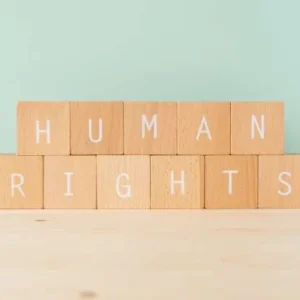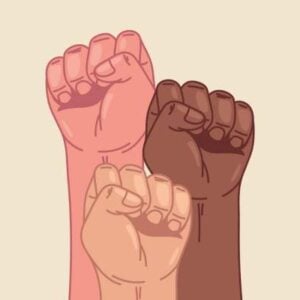Bangladesh’s interim government, led by Nobel laureate Muhammad Yunus, is increasingly using the recently amended Anti-Terrorism Act to arrest alleged supporters of the ousted Awami League government, according to Human Rights Watch. The organization urged the United Nations human rights team in Bangladesh to intervene for the release of those arbitrarily detained and to ensure that authorities respect human rights and uphold due process. The interim government assumed office in August 2024 after the fall of Sheikh Hasina’s Awami League administration following weeks of violent protests that left around 1,400 people dead. In May 2025, the government imposed a temporary ban on the Awami League, citing new powers under the amended law, which now prohibits public meetings, publications, and online content supporting the party.
Human Rights Watch criticized the interim government for mirroring the same repressive tactics as its predecessor, including the mass arrest of political opponents and suppression of dissent. Thousands have been detained since Yunus took office, many under questionable charges of murder or terrorism. Reports have surfaced of mistreatment in custody, including denial of medical care—echoing abuses seen under the previous government. A recent incident on August 28 highlighted these concerns when police arrested 16 individuals, including journalists and academics, during a discussion organized by Mancha 71 at the Dhaka Reporters Unity. The event was disrupted by a mob accusing the participants of being Awami League sympathizers, yet the police detained the attendees rather than the agitators.
Among those arrested were Dhaka University professor Sheikh Hafizur Rahman and former minister Abdul Latif Siddique. Initially claiming to hold the detainees for their safety, police later charged them under the Anti-Terrorism Act, alleging they incited violence against the interim government—a claim witnesses deny. During a bail hearing, tensions escalated as prosecution lawyers physically assaulted a journalist in court. Critics argue that such actions exemplify the misuse of anti-terrorism laws to silence critics, blurring the line between justice and political repression.
The Anti-Terrorism Act, first introduced in 2009 under the Awami League, was amended in 2025 to hold former government members accountable for past abuses. However, journalists and civil society groups warn that the amendments threaten freedom of speech and press freedom. The Bangladesh Editors’ Council cautioned that the new provisions could restrict public expression and media operations, raising concerns about democratic backsliding. Despite these warnings, Yunus has denied claims that his administration is curbing free expression.
Meanwhile, the interim government has struggled to contain conservative religious groups that have used violence to advance their agendas, including targeting Awami League supporters and opposing women’s rights. The human rights group Ain o Salish Kendra reported that at least 152 people have been killed in mob attacks since January. Many citizens fear being labeled as terrorists or falling victim to mob violence. Political activists argue that the government’s failure to ensure a fair justice system has deepened insecurity and mistrust.
In July, the UN Office of the High Commissioner for Human Rights signed a three-year agreement with the Bangladeshi government to establish a mission aimed at supporting human rights promotion and protection. The mission, which includes training and technical assistance, was seen as a positive step toward accountability. However, with elections scheduled for February 2026, observers stress that the government must end politically motivated arrests and create conditions for free and fair elections. Human Rights Watch called on the interim authorities to stop using anti-terrorism legislation as a tool for repression and to focus instead on restoring democracy and public trust.






